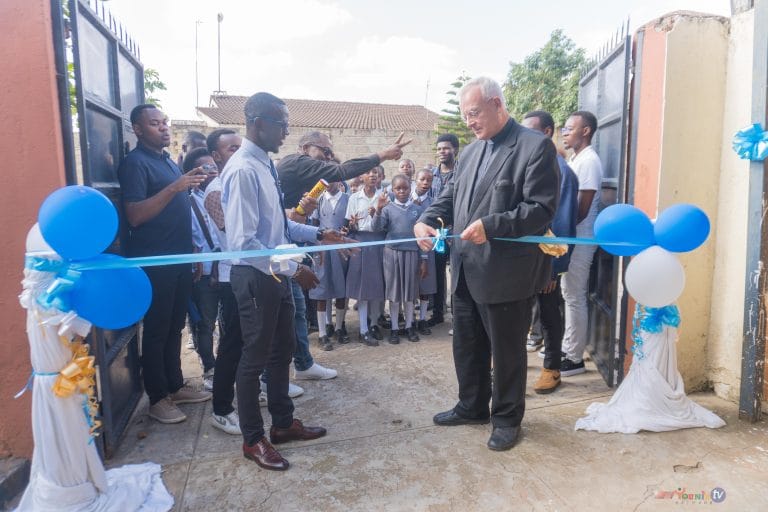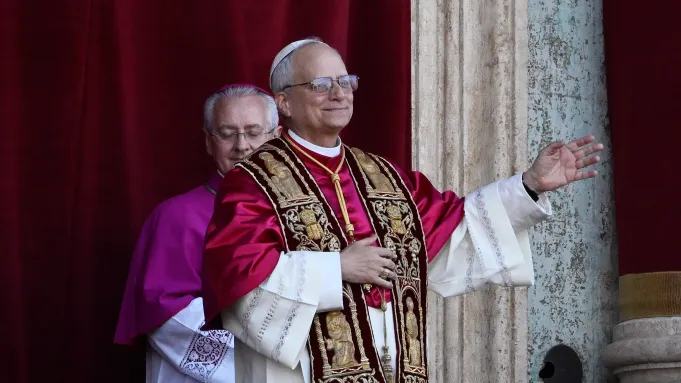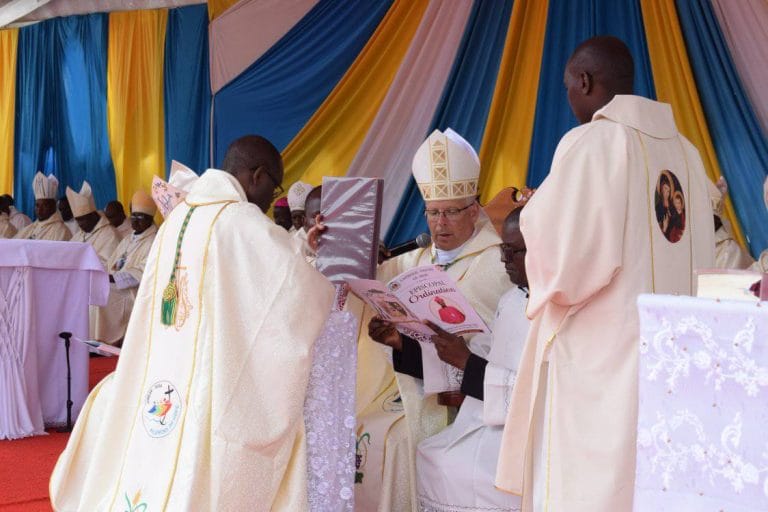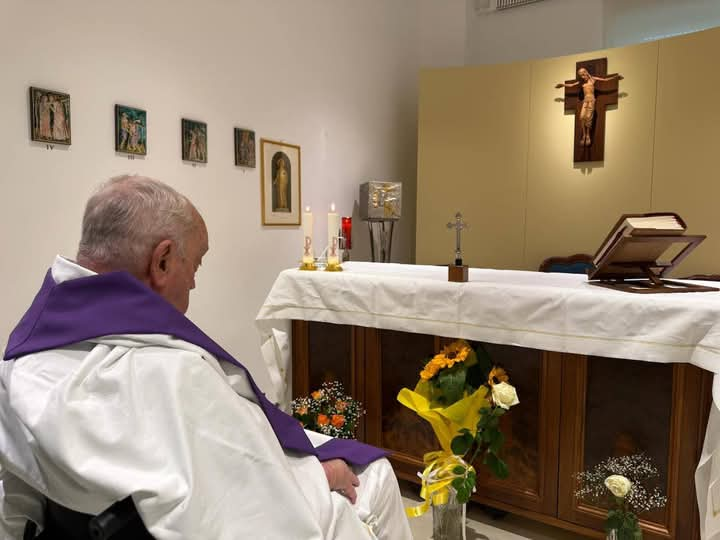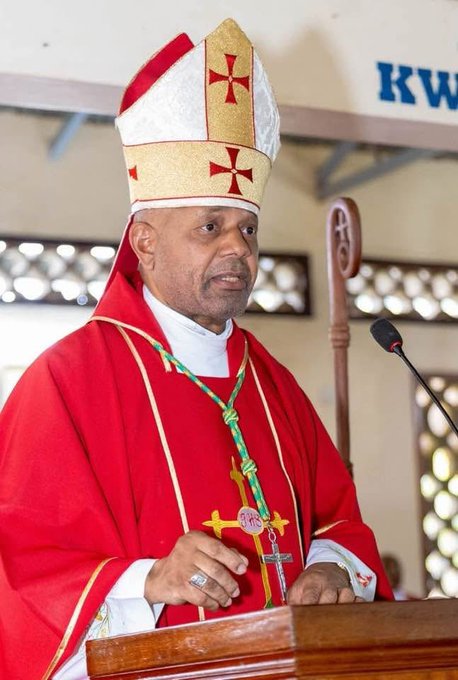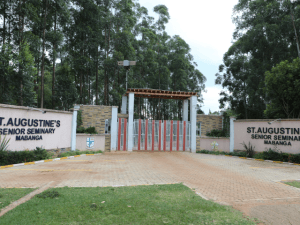
In the Catholic Church, priesthood is validated by the insertion of Melchizedek who is mentioned in the book of Genesis as a priest. Lately in Christianity, Jesus is also identified as “high priest in the order of Melchizedek.” However, one does not just become a priest. The church provides clear channels and steps to be followed by candidates that is, not all are guaranteed a smooth transition to the religious and divine life. It is often said by several priests during homilies that even though many are called to serve in the Lord’s vineyard, only a few are chosen and given the opportunity to act in the position of Melchizedek, the high priest. In the Liturgical calendar, Mission Sunday is set aside specifically to rally and recruit youthful Catholics to join various Diocesan and missionary seminaries to bolster evangelization work worldwide.
After successful matriculation into the seminary, Diocesan seminarians undertake an eight-year training in institutions of higher learning (major seminaries) as they prepare to become priests and serve in the Catholic Church. The Archbishop of Kisumu, Maurice Muhatia Makumba says that major seminaries of Kenya are under the department of Seminaries Episcopal Commission of the Kenya Conference of the Catholic Bishops (KCCB).
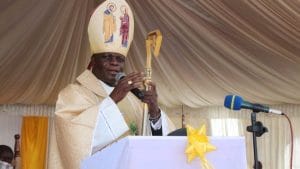
Archbishop Muhatia says that Kenya has four major seminaries acknowledged by the KCCB. They include Mary’s Propaedeutic seminary which he says introduces the young men to seminary life, seminary for spiritual formation, located in Molo, Diocese of Nakuru. The spiritual formation takes a period of one year after which the Kisumu Archbishop asserts, “seminarians proceed on to the philosophical formation which currently takes place in St. Augustine Senior Seminary in Mabanga, the Diocese of Bungoma”. Muhatia states that the formation takes a period of three years.
In the completion of the philosophical formation, seminarians are subjected to a four-year theological formation. The archbishop continues, “we have two seminaries that serve as the theological formation of our seminarians, St Mathias Mulumba Senior Seminary Tindinyo in the Diocese of Eldoret and St. Thomas Aquinas Seminary in the Arch Diocese of Nairobi.”
After the completion of the three-stages formation which amounts to eight-year seminary life, the seminarians are sent back to their dioceses in preparation for ordination into priesthood.
Seminarian Basil Oduor Olima who is currently at St Augustine Senior Seminary in Bungoma Diocese explains that priesthood life is a vocation, which basically means a call from God. He says that there are three categories of vocations ranging from that of religious life, marriage life and priesthood. “In life each and every person has got that call from God, and God calls us to serve in different capacities of life. He has a mission for you in the vocation he has called you in,” seminarian Olima said. He added that for him, the urge and desire to become a Catholic priest started since his childhood and he believes it is the will of God that he serves Him and the Holy Mother church as a priest.
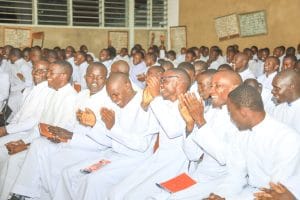
Speaking on the start of his formation journey, Basil Olima says that he has received a breathtaking support from his family to pursue the divine life while getting mixed reactions from friends who he says consider seminary life as a waste of time. “Some took it positively and some took it negatively and also to some it was a shock. Those who disregarded my decision had their reasons, for example the many years spent in the seminary formation for them, was too much and some would also say the issue of celibacy that involves forgoing marriage life is like a loss,” Basil said.
In many occasions, it is assumed that seminary life often involves prayers, he however rebuts this saying that their day-to-day life is scheduled and entails a battery of activities ranging from early in the morning to late at night.
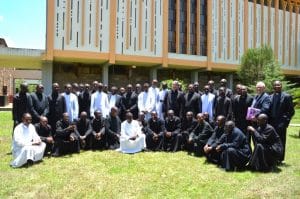
He states that although they engage in a lot of prayer sessions, there are periods within the day designated for studies and games. “There is this misconception that in the seminary it’s just prayers all day, that’s is not the case, of course prayers are there but at specific times. In the seminary there are four pillars of formation, Spiritual, Intellectual, Pastoral and human formation,” he reiterated.
Adding to the journey, seminarians are assigned to different parishes for pastoral work. This according to the formation process, instils priesthood skills, knowledge and courage to the young men as they get the opportunity to interact and socialize with people of different caliber.
During pastoral work, seminarians offer preaching to Christians in a bid to prepare them to face the reality of everyday life of a priest.
The seminarians nonetheless, call on Christians of Catholic faith to pray for their vocation as this will help them stay afloat and give them strength to continue with the journey. Them on the other hand are reminded to maintain their dedication, commitment and remain open to the formation voyage.

